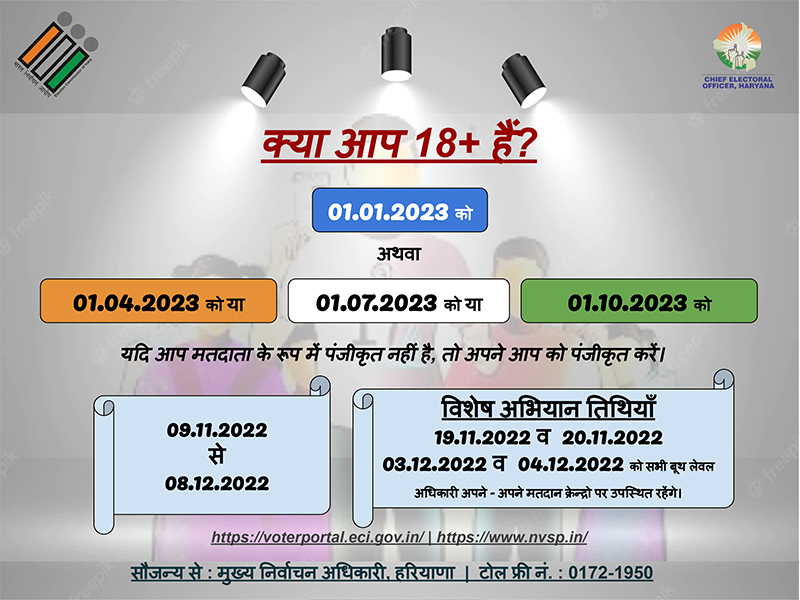School of Law is committed to providing high quality teaching, learning and assessment to enable all learners to achieve their full potential. This will be achieved through high quality teaching and learning opportunities, rigorous assessment, feedback and the sharing of good practice.
The Teaching and Learning Guideline and Procedure aims to provide an effective framework for the delivery of high quality teaching and learning. This relates to faculties engaged in facilitating, supporting and managing learning.
The aim of assessment of teaching -learning process will be able to demonstrate that the course outcomes of its academic programs are sound and that teaching at the school is inspirational and of the highest quality by:
- placing the learner at the center of the learning process,
- all learners having the opportunity to succeed and be empowered to fulfill their potential,
- developing employability skills as part of the curriculum,
- providing excellent progression opportunities, to employment, entrepreneurships, or further and higher learning
- using assessment to provide effective learning opportunities through feedback,
- using research to inform and inspire students,
- the subject expertise and pedagogic content knowledge of staff leading to excellent teaching and learning
- actively promoting best practice in terms of embedding sustainability
Best Classroom Practices
For shifting from teacher centric to student centric learning, School of Law develops its own best practices to bring the best of teaching efficiency and effectiveness. Through these practices, students will be enabled to integrate theory with practice so that they are able to solve real-life problems though critical and innovative thinking.
Pedagogies like collaborative learning, project based learning, case based learning, active learning etc. involves more creativity and make learning more interesting. Each faculty member will endeavor to make the classes interactive and interesting with clear focus on the curriculum. For developing best practices, Deans and Head of the departments identify the training needs of the entire faculty in pedagogical standards and make arrangements of the same either at the departmental level or conduct the training through IQAC at central level.
Student Mentoring System
Student mentoring, counseling and guidance are three vital inputs for an efficacious student support process. The students need this support to overcome their personal, social and academic problems which impede their studies.
The students often face pressure after joining the professional courses. These may be of a varied nature, which may be academic, personal, or career related. At times, due to these anxieties, they feel stressed and this may impede the progress of their pursuit. There are cross- cultural, ethnic disparities, increasing academic competition, peer pressure, exertions from parents, unique teenage problems, mounting career demands and aspirations among the student community. To enable students to stay firm while going through vexations of such stress factors, the school has an independent but well-coordinated system for student support and mentoring.
The School of Law has a well-entrenched student mentoring mechanism for overall development of the students including career counseling, stress-busting, eclectic progress, soft skill development, career-path- identification, and orientation to well-being.
We have adapted a horizontal mentoring system throughout the university that allows the teacher to concentrate on the key groups of the students. Each mentor group includes students from the same batch of a particular programme. This further has two stage mentoring- first is mentoring by mentor to mentees and second is peer mentoring (mentoring by students from the same group). This helps in developing responsibility specific and leadership skills among students by sharing their experiences including course related guidance, internship related guidance, project assistance, preparation towards placement guidance and many more with peers in a mentor-mentee group.



